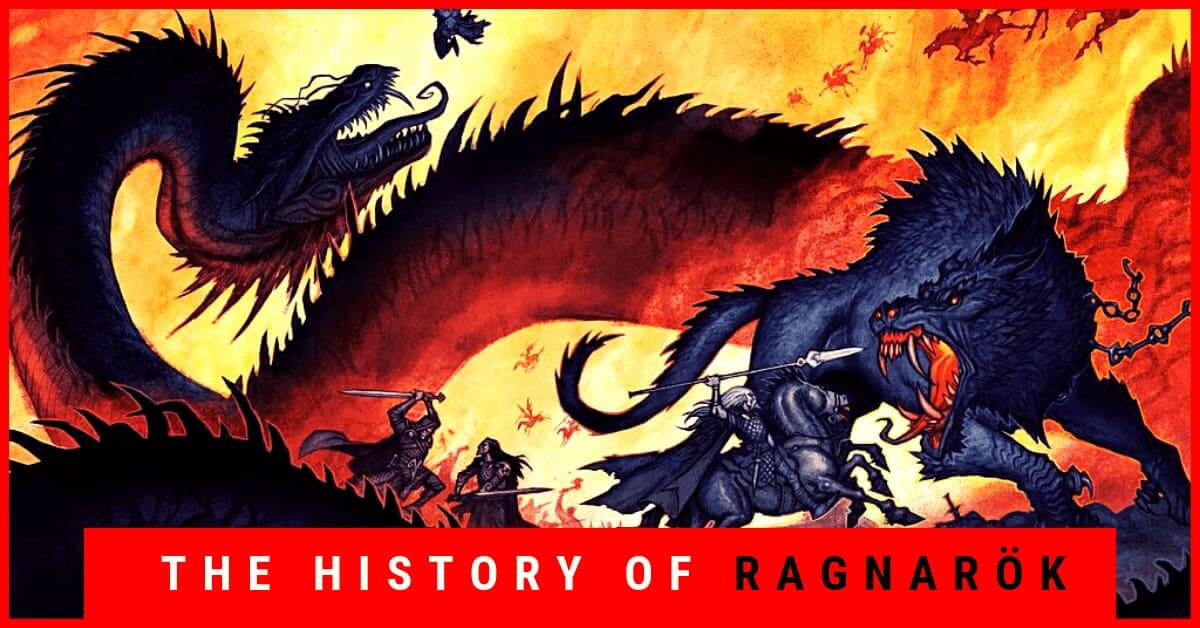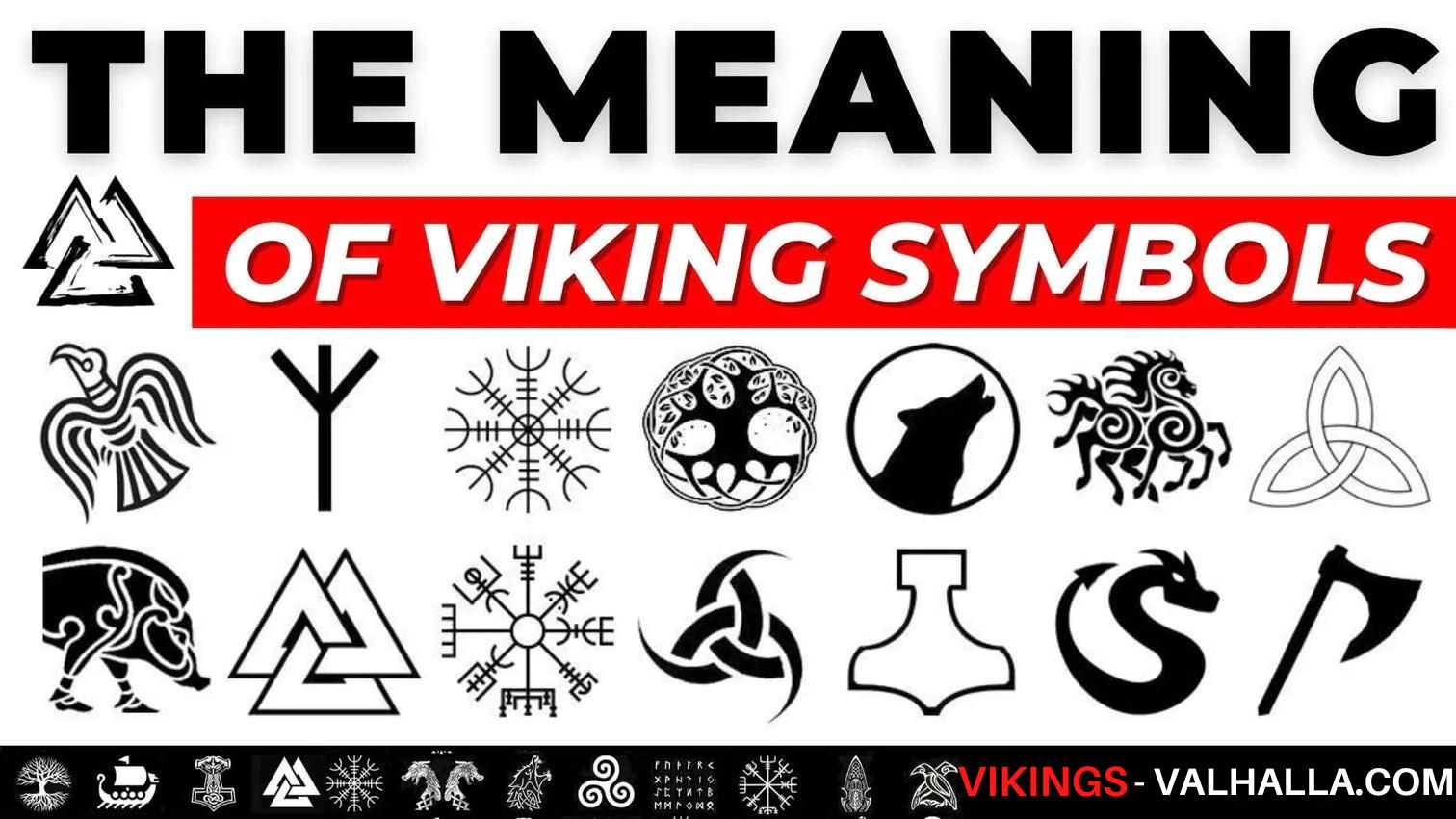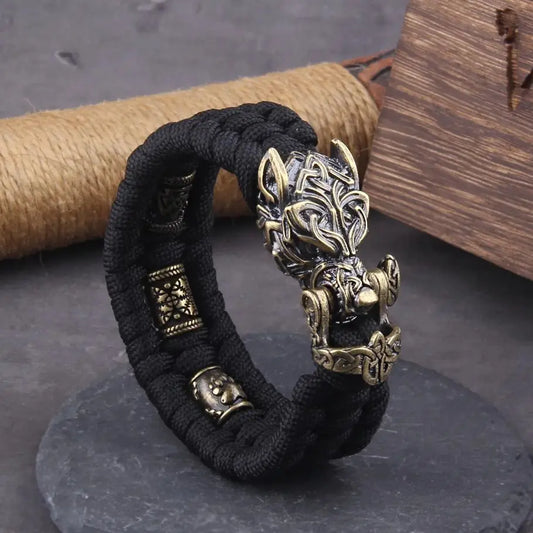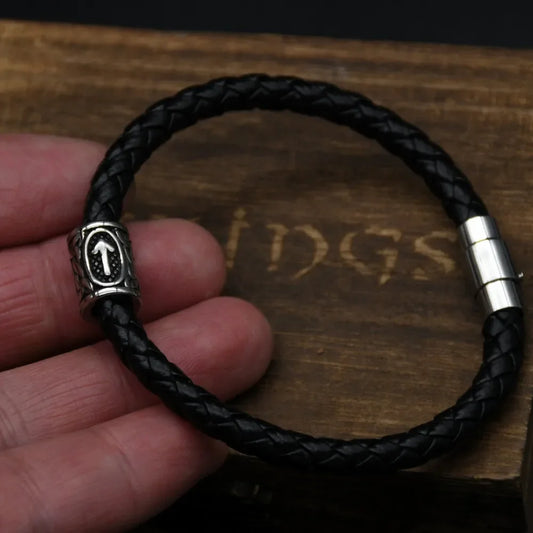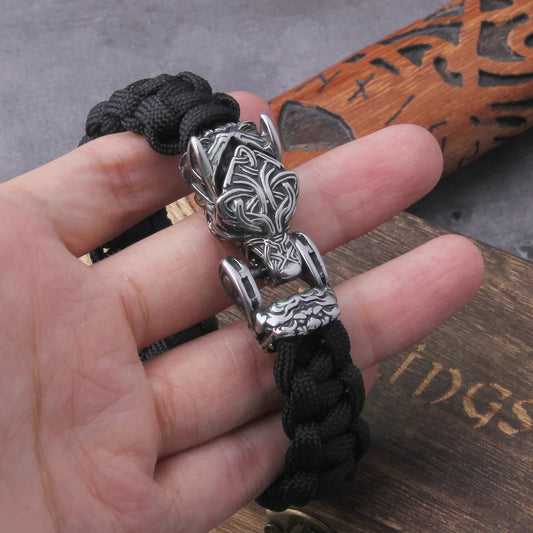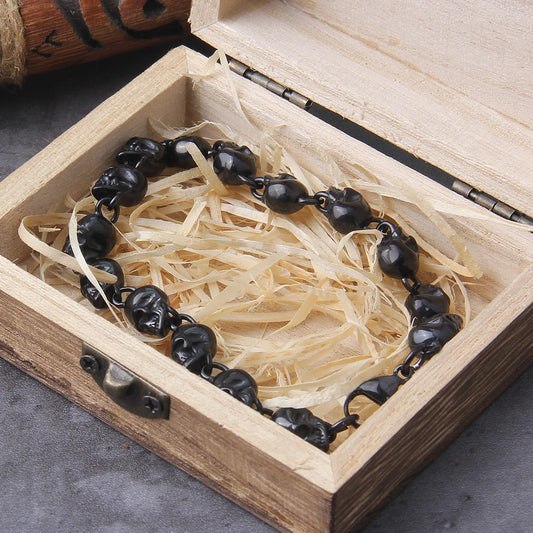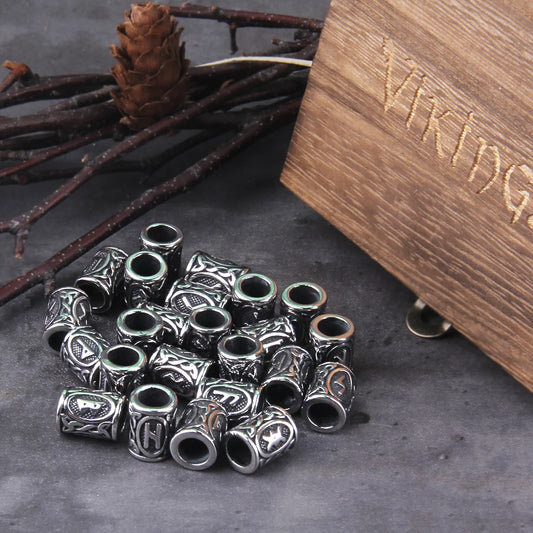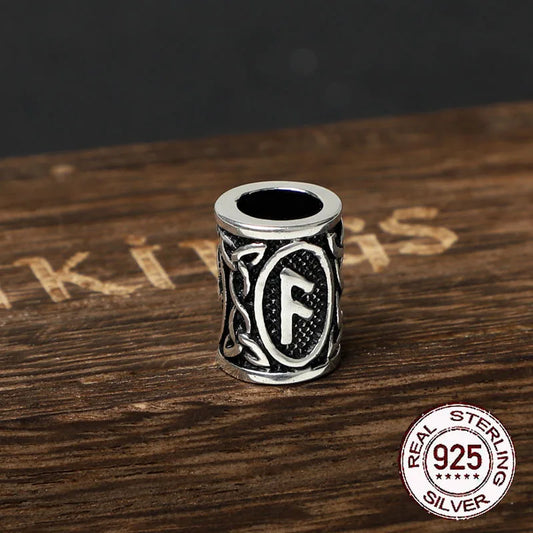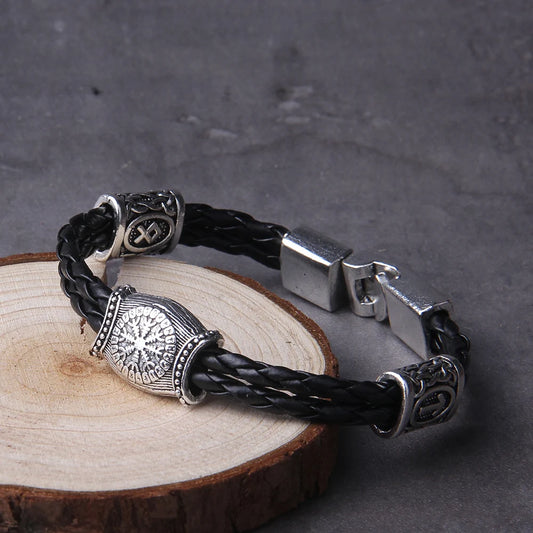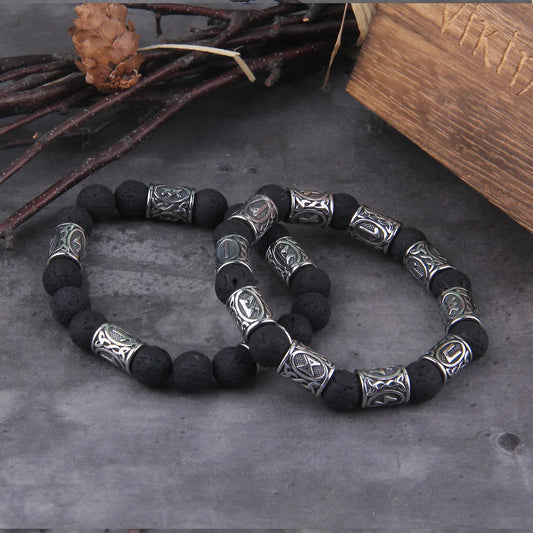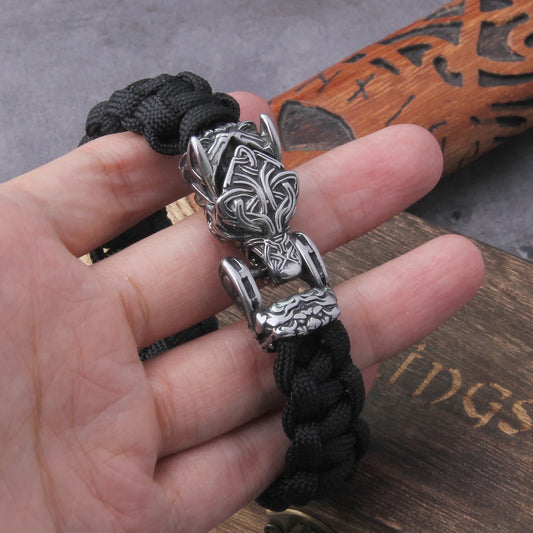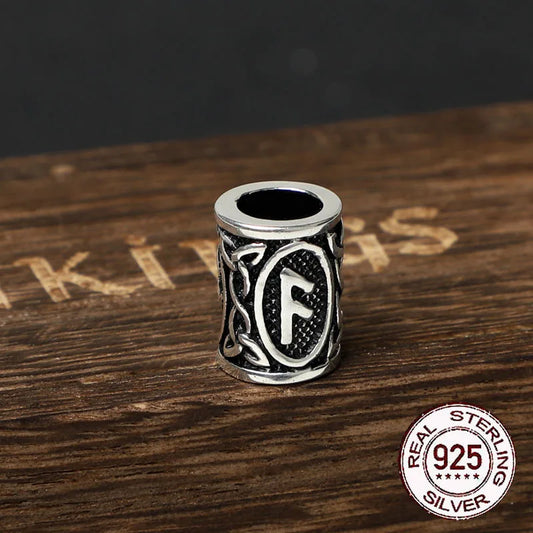Rindr (Old Norse) or Rinda (Latin) (sometimes Anglicized Rind) is a female figure in Norse mythology, alternately described as a giantess or a human princess from the east. She was impregnated by Odin and gave birth to Baldr's avenger of death, the god Vali.
She is also mentioned in Gesta Danorum, a book written from a Christian point of view where the mythological figures are very distorted. In this text she is called Rinda and was the daughter of the king of the Ruthenians. She begets Bous, which is the name of Vali in this text, after being deceived with spells by Odin.
Snorri Sturluson's prose Edda refers to Rindr as the mother of Váli and one of the ásynjur (goddesses). The most detailed account is found in Book III of the Gesta Danorum, written by Saxo Grammaticus in the early 13th century. There she is called Rinda and is the daughter of the king of the Ruthenians. After the death of Baldr, Odin consulted the seers on how to take revenge.
Following their advice, Odin went to the Ruthenians disguised as a warrior named Roster. There he was twice rejected by Rinda. He then wrote runes on a piece of bark and touched her with it, causing her to go mad, then disguised himself as a healer named Wecha, who was allowed to see her.
Eventually she fell ill; Odin in disguise then said he had a medicine with which to cure her, but it would provoke a violent reaction. Following the advice of the supposed healer, the king tied Rinda to his bed and Odin thus proceeded to rape her. From the rape was born Váli, who would later avenge Balder.
The rape of Rindr by Odin is described once outside the Gesta Danorum, in a line from stanza 3 of Sigurðardrápa, a poem by Kormákr Ögmundarson praising Sigurðr Hlaðajarl, who ruled around Trondheim in the mid-10th century.
Like other similar praise poems, it is generally assumed to be genuine and not a later pseudohistorical composition. Kormákr's verse contains the statement, "seið Yggr til Rindar" (Yggr [Odin] Rindr enchanted), denoting the magical rape of Rindr by Odin with the verb síða.
This suggests that Kormakr thought that the magic known as Seidr was integral to Odin's rape of Rindr, and is important evidence of Odin's association with this type of magic. Another passage that may refer to the same event is in verse 6 of the edic poem "Grógaldr": "þann gól Rindi Rani" (that [charm] Rani sang to Rindr).
The name Rindr appears in several scaldic verses and in "Baldrs draumar," where alliteration suggests that it may originally have been Vrindr; the etymology remains uncertain, but there may be a connection with the Swedish place name Vrinnevi or Vrinnevid, near Norrköping.


